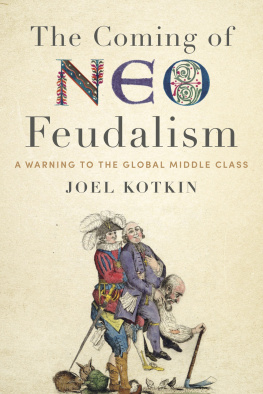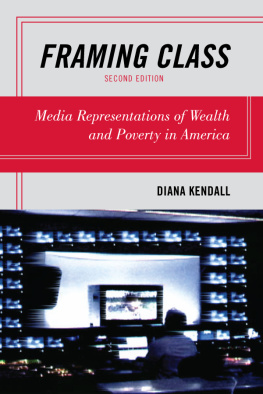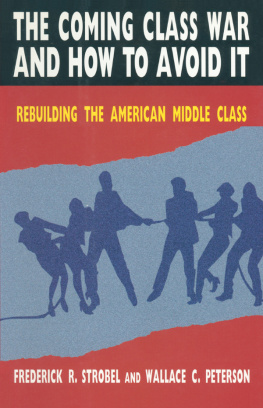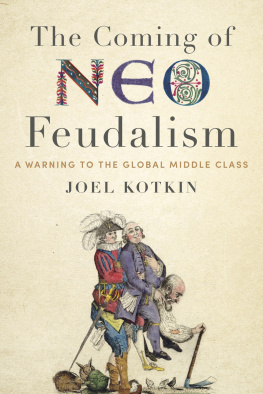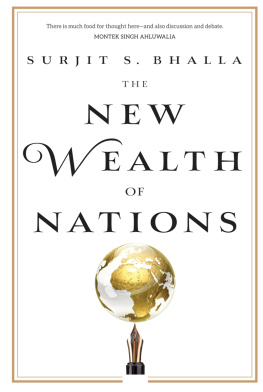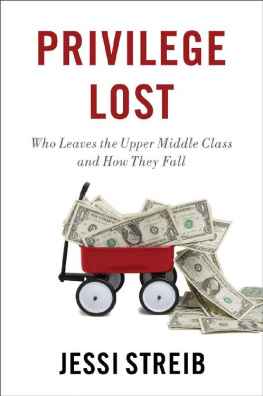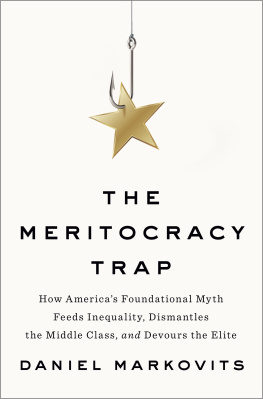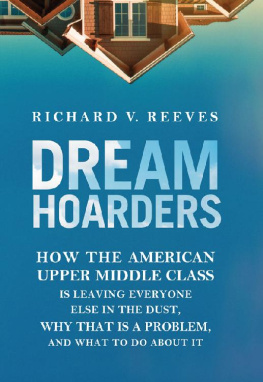
The Coming of
NEO
Feudalism
A WARNING TO THE GLOBAL MIDDLE CLASS
JOEL KOTKIN


2020 by Joel Kotkin
All rights reserved. No part of this publication may be reproduced, stored in a retrieval system, or transmitted, in any form or by any means, electronic, mechanical, photocopying, recording, or otherwise, without the prior written permission of Encounter Books, 900 Broadway, Suite 601, New York, New York 10003.
First American edition published in 2020 by Encounter Books, an activity of Encounter for Culture and Education, Inc., a nonprofit, tax-exempt corporation. Encounter Books website address: www.encounterbooks.com
Manufactured in the United States and printed on acid-free paper. The paper used in this publication meets the minimum requirements of ANSI/NISO Z39.48-1992 (R 1997) (Permanence of Paper).
FIRST AMERICAN EDITION
LIBRARY OF CONGRESS CATALOGING-IN-PUBLICATION DATA
Names: Kotkin, Joel, author.
Title: The coming of neo-feudalism : a warning to the global middle class / by Joel Kotkin.
Description: First American edition. | New York : Encounter Books, [2020] Includes bibliographical references and index.
Identifiers: LCCN 2019044952 (print) | LCCN 2019044953 (ebook) ISBN 9781641770941 (cloth) | ISBN 9781641770958 (ebook)
Subjects: LCSH: Social classesHistory21st century.
Distribution (Economic theory)History21st century.
Social history21st century.
Classification: LCC HT609 .K68 2020 (print) | LCC HT609 (ebook) DDC 305.509/05dc23
LC record available at https://lccn.loc.gov/2019044952
LC ebook record available at https://lccn.loc.gov/2019044953
To Mandy, who means everything to me
CONTENTS
PREFACE
This is a book neither of the right nor of the left. It is an attempt to diagnose trends that are leading to a more hierarchical and more stagnant society. It also stands as a warning to the global middle class. Although this die may be cast, I hope the book will stir discussion and spark action to halt the current trajectory toward neo-feudalism across much of the world.
As a lifetime Democrat, now Independent, I do not see this as an ideological or partisan issue. I believe that the vast majority of people, conservative as well as progressive, do not look forward to a future defined by class immobility and immense concentrations of both wealth and power. This is a global phenomenon that includes not just the United States but also the United Kingdom, Australia, Canada, most of continental Europe, and the rapidly advancing countries of East Asia.
Reporting from the groundparticularly in the United States, Australia, the UK, Singapore, India, and Chinahave done much to shape this book. But I have taken inspiration also from thinking about what the great analysts of the pastAlexis de Tocqueville, Karl Marx, Max Weber, Daniel Bell, Taichi Sakaiya, Alvin Tofflerwould have made of the current situation.
The future that appears on the horizon is not one that I desire for any country, or for my own children. This book is meant to rally those who cherish the independence, freedom, and possibilities for upward mobility that have been the hallmarks of liberal democracy over the past few centuries.
PART I

How Feudalism Came Back

History never repeats itself. Man always does.
Voltaire
CHAPTER 1

The Feudal Revival
F eudalism is making a comeback, long after it was believed to have been deposited into the historical dustbin. Of course it will look different this time around: we wont see knights in shining armor, or vassals doing homage to their lords, or a powerful Catholic Church enforcing the reigning orthodoxy. What we are seeing is a new form of aristocracy developing in the United States and beyond, as wealth in our postindustrial economy tends to be ever more concentrated in fewer hands. Societies are becoming more stratified, with decreasing chances of upward mobility for most of the population. A class of thought leaders and opinion makers, which I call the clerisy, provide intellectual support for the emerging hierarchy. As avenues for upward mobility are diminishing, the model of liberal capitalism is losing appeal around the globe, and new doctrines are arising in its place, including ones that lend support to a kind of neo-feudalism.
Historically, feudalism was hardly a monolithic system, and it lasted much longer in some places than others. But certain salient features can be seen in feudal structures across medieval Europe: a strongly hierarchical ordering of society, a web of personal obligations tying subordinates to superiors, the persistence of closed classes or castes, and a permanent serflike status for the vast majority of the population.liberal capitalism or statist socialism. But in the feudal era a static ideal of an ordered society, supported by a mandatory orthodoxy, prevailed over dynamism and mobility, in a condition of economic and demographic stagnation.
The clearest parallel in our own time is the concentration of wealth in fewer hands, following upon an era of robust social mobility. In the second half of the twentieth century, growing prosperity was widely shared in the developed world, with an expanding middle class and an upwardly mobile working classsomething seen in many developing countries as well. Today, the benefits of economic growth in most countries are going mainly to the wealthiest segment of the population. One widely cited estimate suggests that the share of global wealth held by the top 0.1 percent of the global population increased from 7 percent in 1978 to 22 percent in 2012.
This wealth tends to be handed down from one generation to the next, creating something akin to a closed aristocracy. It may not have a legally privileged status or political power by right of inheritance, but its wealth can buy influence with government and over the culture. Thus we see an oligarchy emerging in supposedly democratic countries, with a neo-feudal aristocracy grafted onto a powerful central state.
As in the Middle Ages, the power and privilege of this oligarchy are supported by an influential cognitive elite, or what I call the clerisy. The term was coined by Samuel Taylor Coleridge, who envisioned a group of secular intellectuals guiding society with their knowledge, as the cultural role of the church waned. Todays clerisy are the people who dominate the global web of cultural creators, academia, the media, and even much of what remains of traditional religious institutions. They share many beliefs with the oligarchson globalism and the environment, for exampleand spread them around to the wider population as a secular orthodoxy. But like the medieval clergy, they sometimes act as a check on the power of economic elites.
The clerisy and the oligarchy correspond to the medieval clergy and nobilityor the First Estate and Second Estate, as they came to be known in France. Beneath them are the vastly larger group corresponding to the commoners in the feudal era, or the Third Estate: those who were neither anointed nor ennobled. Todays Third Estate, which I call the yeomanry, has two distinct parts. There is a property-owning middle class, analogous to the old English yeomanry but with the same spirit of independence transported into an urban or suburban context. Historically the yeomanry played a critical part in overturning the feudal orderbut today their counterparts are being squeezed beneath the oligarchy. Second, there is a working class who are becoming more like medieval serfs, with diminishing chances of owning significant assets or improving their lot except with government transfers.
Next page
